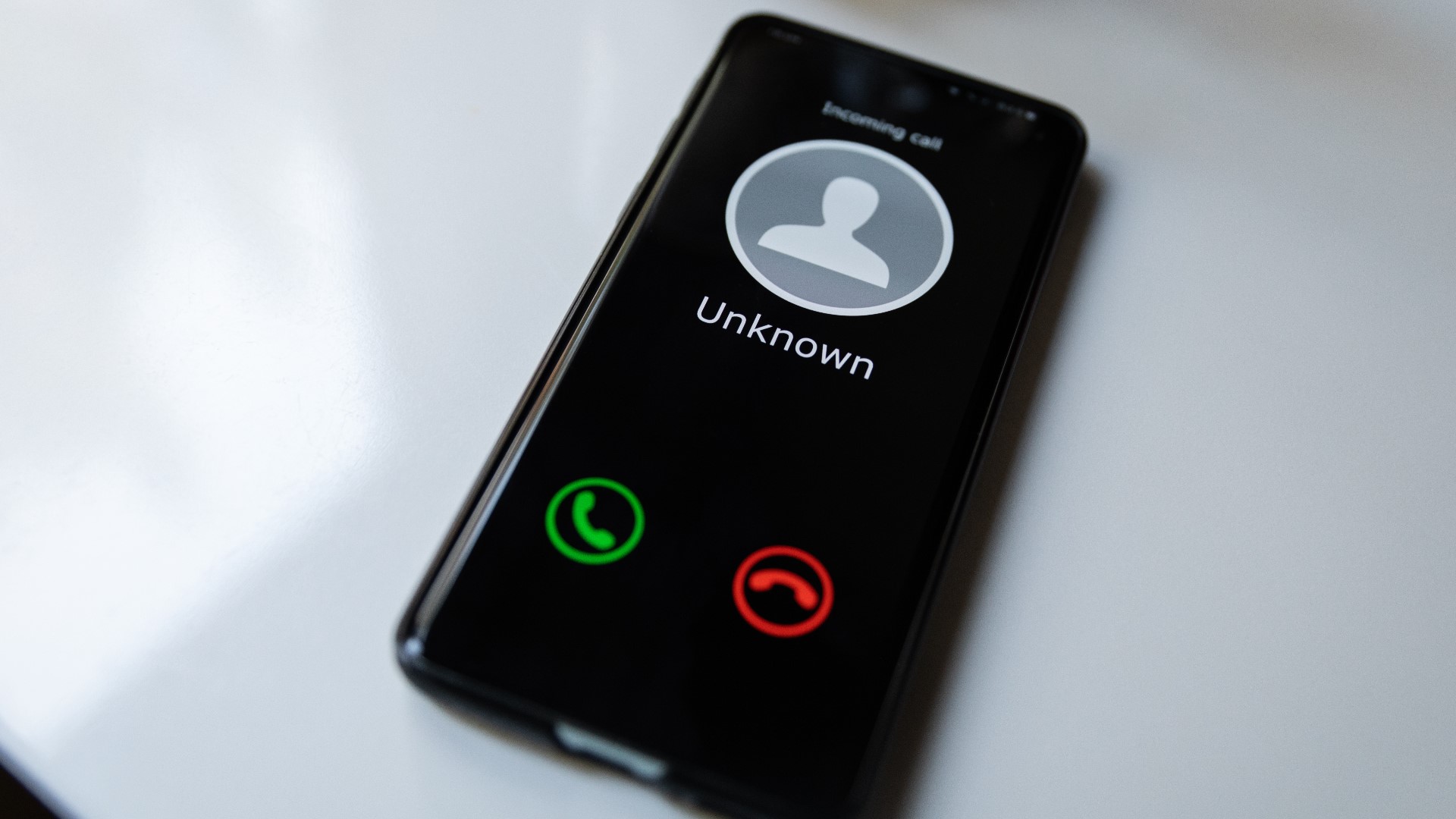MIDLAND, Texas —
We've all been on the receiving end of those pesky robocalls and spam text messages, and just about everybody knows to ignore or delete them.
But what if that text or call threatened you or your family by name, claiming they kidnapped one of your loved ones?
It's a growing trend that the FBI is warning west Texas about, and scammers are using more dangerous tools than ever before.
“And then the newest thing that we've been seeing with these criminal groups is now they have access to voice cloning technology,” said FBI Special Agent Andres Hernandez. “There was a case out of Houston where they possibly grabbed the voice from a young lady, threw it into this program, and were able to clone her voice.”
Most of the time those schemes are the work of Mexican drug cartels, trying to get fast and easy money through services like Venmo, Apple Pay, or even cryptocurrency. Many of the scams go unreported to police.
“They don't report them because it's embarrassing in nature, right? You don't want to be the one who sent $8,000, and you find out that your loved one was at home,” said Hernandez. “The other reason people don't report them is cause unfortunately these nefarious criminal groups are targeting these illegal undocumented people who are here in the states.”
So, what can you do prevent getting scammed?
First and foremost, agent Hernandez recommends taking a deep breath. The more level-headed you are, the easier it is to sniff out a scam.
You can also ask the scammer if you can talk with the kidnapping victim. 99% of the time they haven't actually kidnapped anyone. You can also try to contact your loved one because they might just be at home.
And finally, be sure to report any fishy texts or calls to the FBI.

